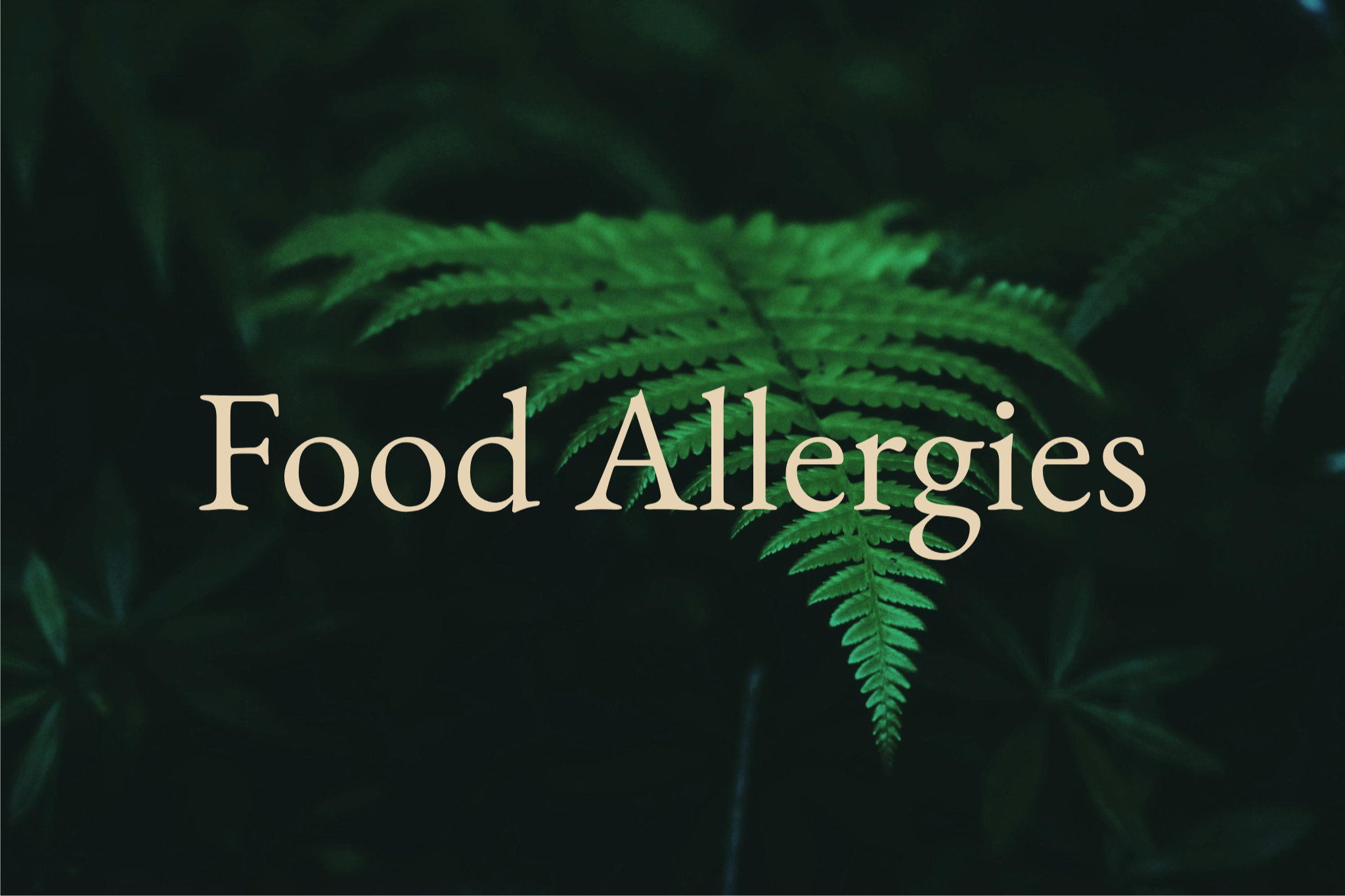Environmental allergies: when stepping outside is less “fresh air” and more “biological warfare.”
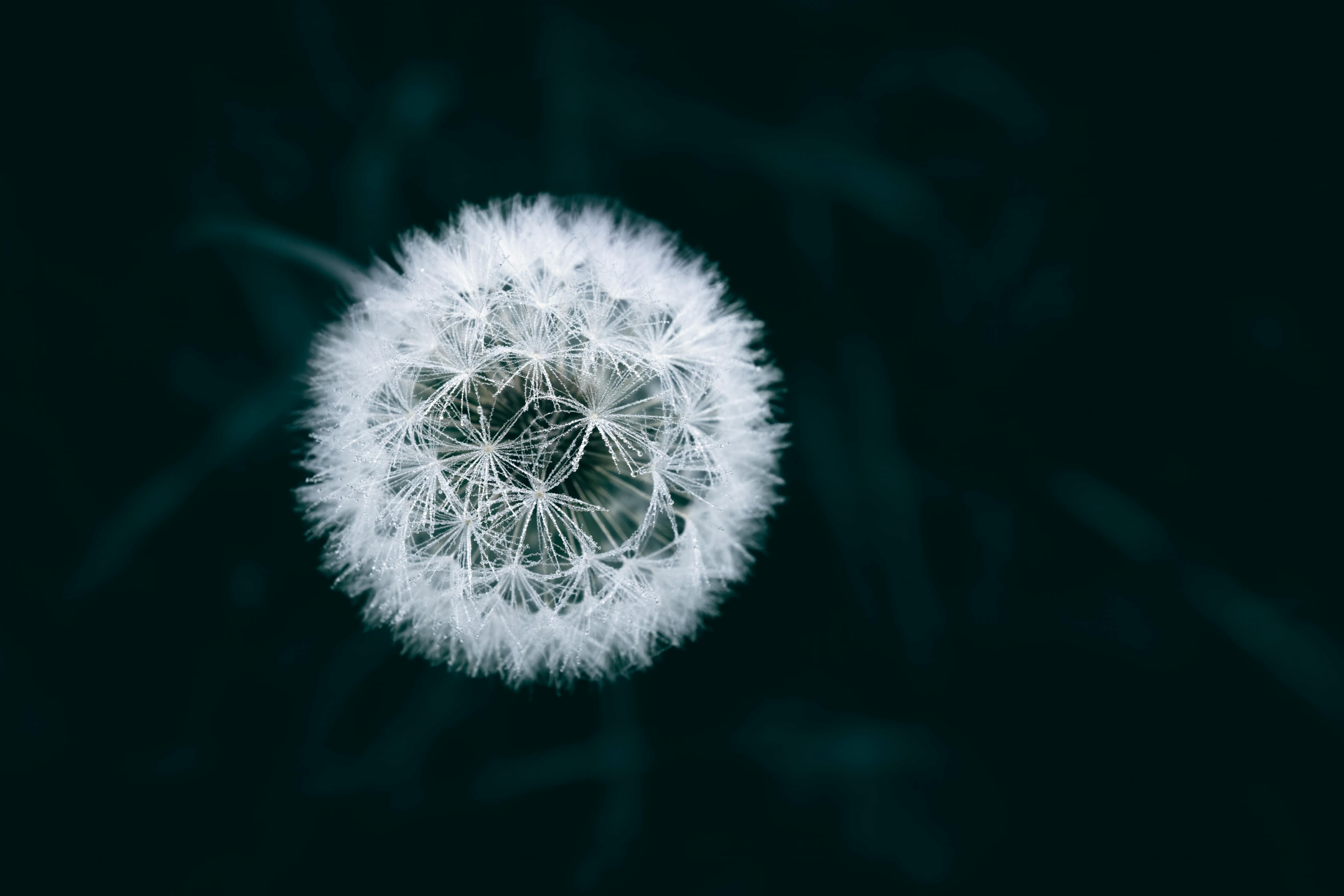
Clearing the Air
What are the most common environmental allergens?
Why do my allergy symptoms get worse during spring and fall?
Why does it seem like my allergies are getting worse every year?
How can I enjoy the outdoors without letting seasonal allergies ruin my day?
Are there specific trees, grasses, or molds that are big allergy culprits?
What are the most effective treatments for environmental allergies—prescription vs. over-the-counter?
What’s the difference between allergy testing at an allergist’s office and skin prick testing done by a naturopathic doctor?
What is the difference between SLIT therapy and allergy shots?
What are the most effective natural treatments (botanical medicine, supplements, lifestyle changes) to treat environmental allergies?
What’s the difference between environmental allergies and mast cell activation syndrome (MCAS)?
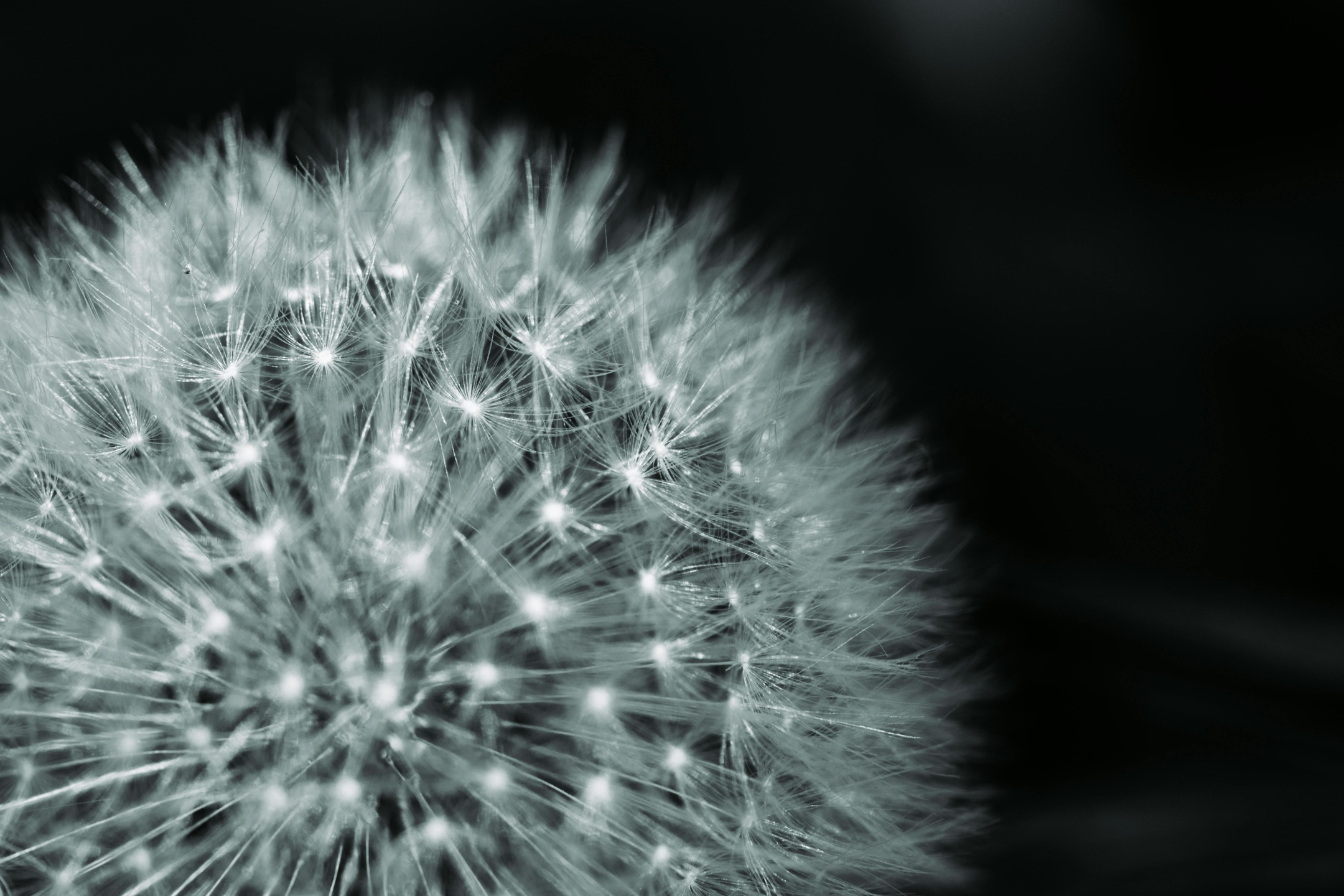
Sneezy
Environmental allergies often trigger relentless bouts of sneezing, nasal congestion, and an irritated, ticklish sensation that makes it hard to focus or function.
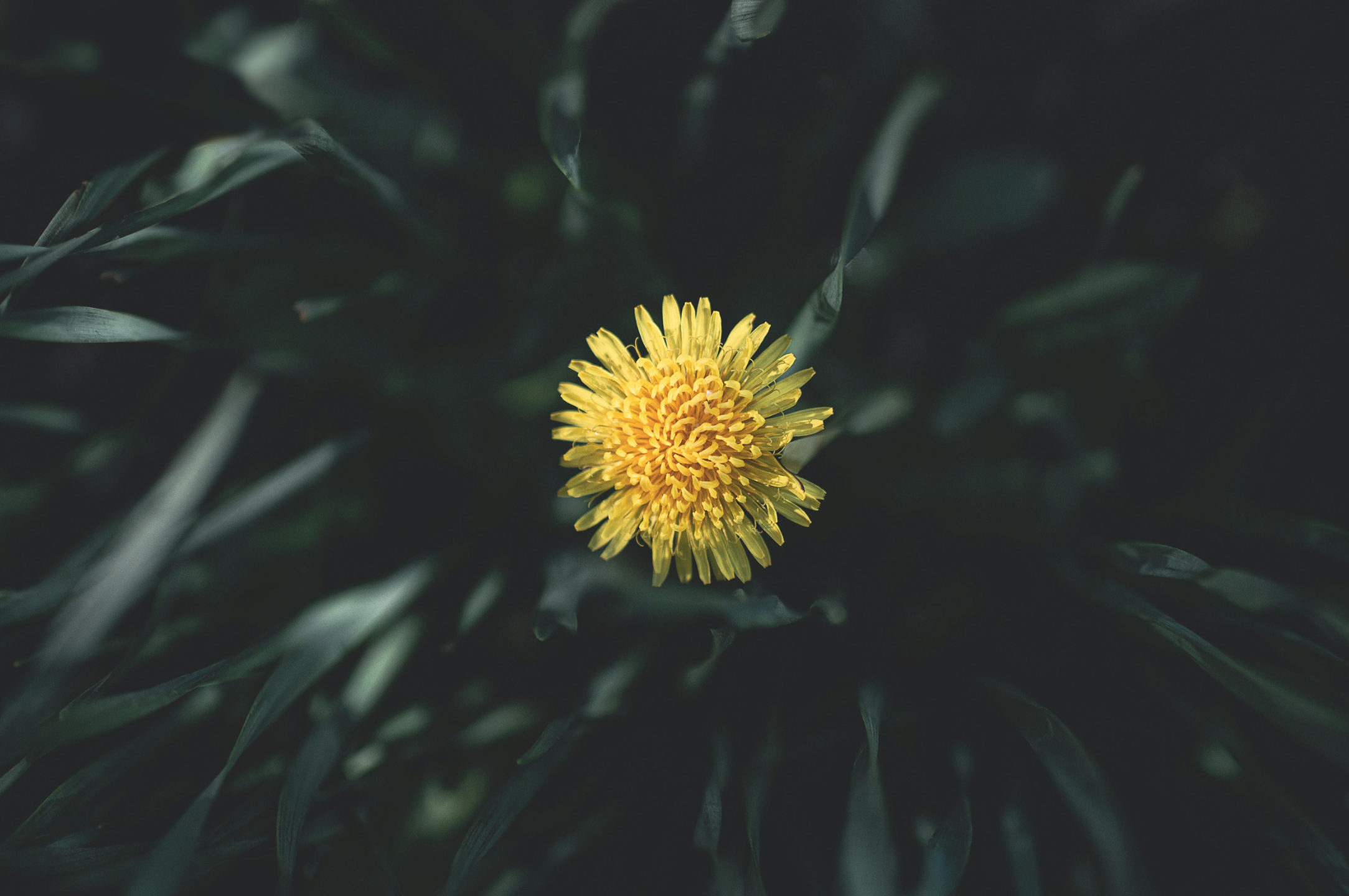
Sleepy
Allergies don't just affect your sinuses—they can disrupt your sleep cycle. Blocked nasal passages, can prevent deep rest, leaving you mentally drained.
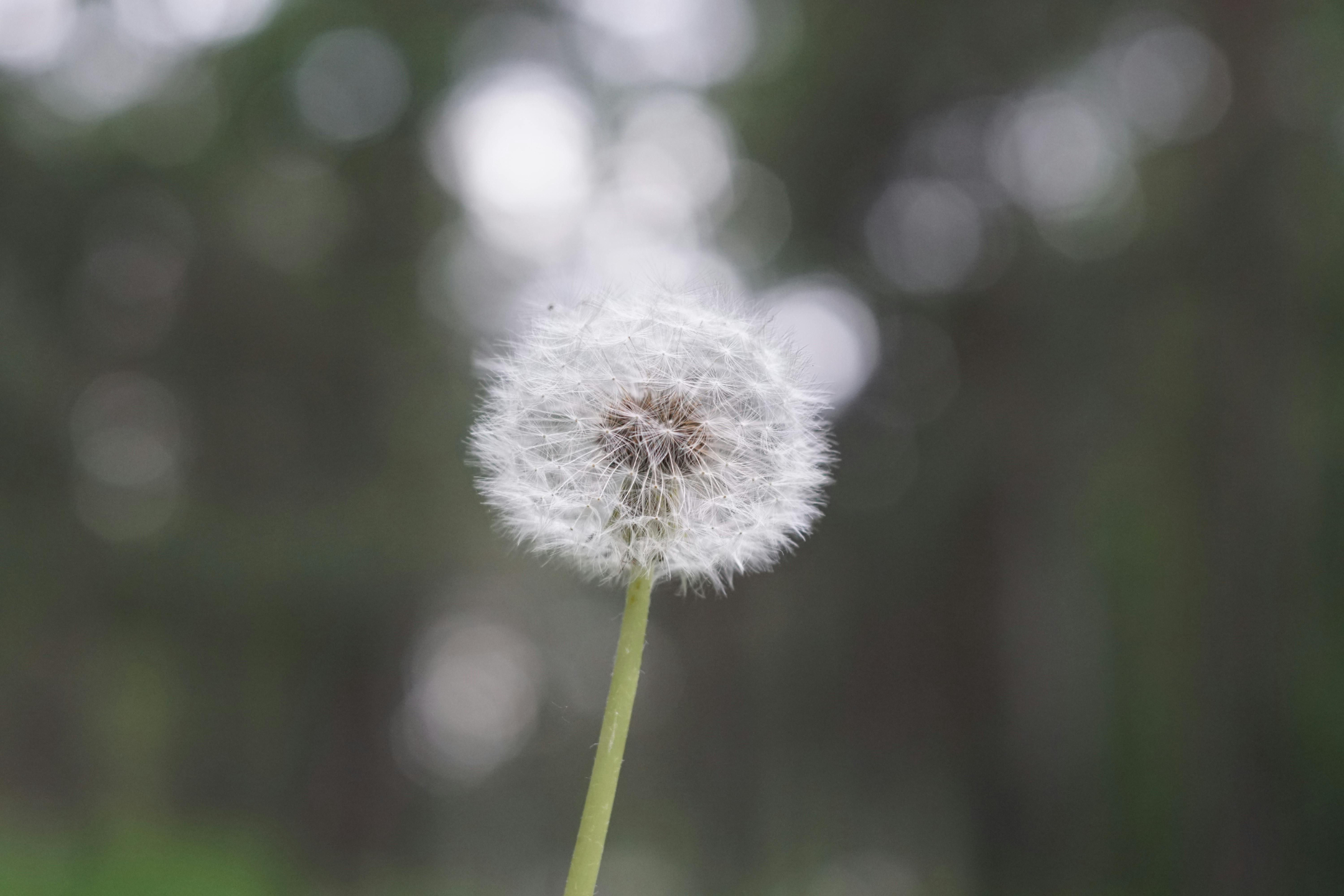
Dopey
Cognitive fog is a common side effect of ongoing allergic inflammation. When your head feels heavy even everyday decisions can feel overwhelming.
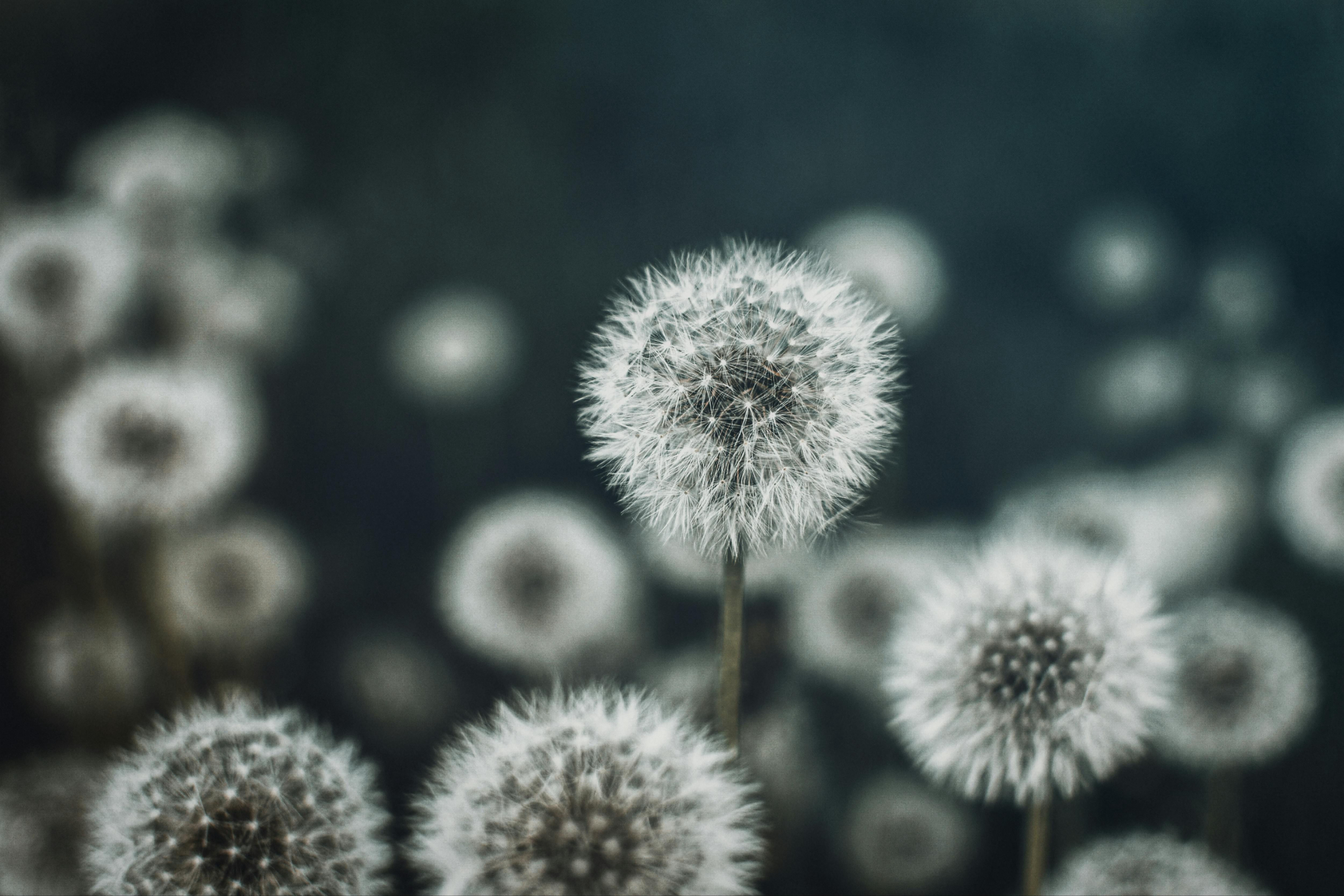
Grumpy
The chronic discomfort of allergies can wear on your patience and mood. Over time, it may lead to irritability, low resilience, and a general sense of burnout.

Eczema
When pollen throws an airborne party, eczema RSVPs instantly—when it comes to inflammation, they’re always scratching each other’s backs.

Food Allergies
Whether it’s pollen or peanuts, your immune system doesn’t always make a distinction—when mast cells are involved, it’s allergic to reason.

Autoimmunity
Sometimes the immune system just can’t take a hint—when regulation breaks down, it’s an overreactive disorder in more ways than one.
Courses For Clinicians
CE credits are nice. But knowing what to actually do in practice? That’s better. Our clinician courses teach what med school didn’t — and what your patients actually need.
Learn More
Allergies
Click to uncover the cause of your reactions.
Patient Newsletter
Stay in the loop on our latest thoughts, webinars, and announcements.

